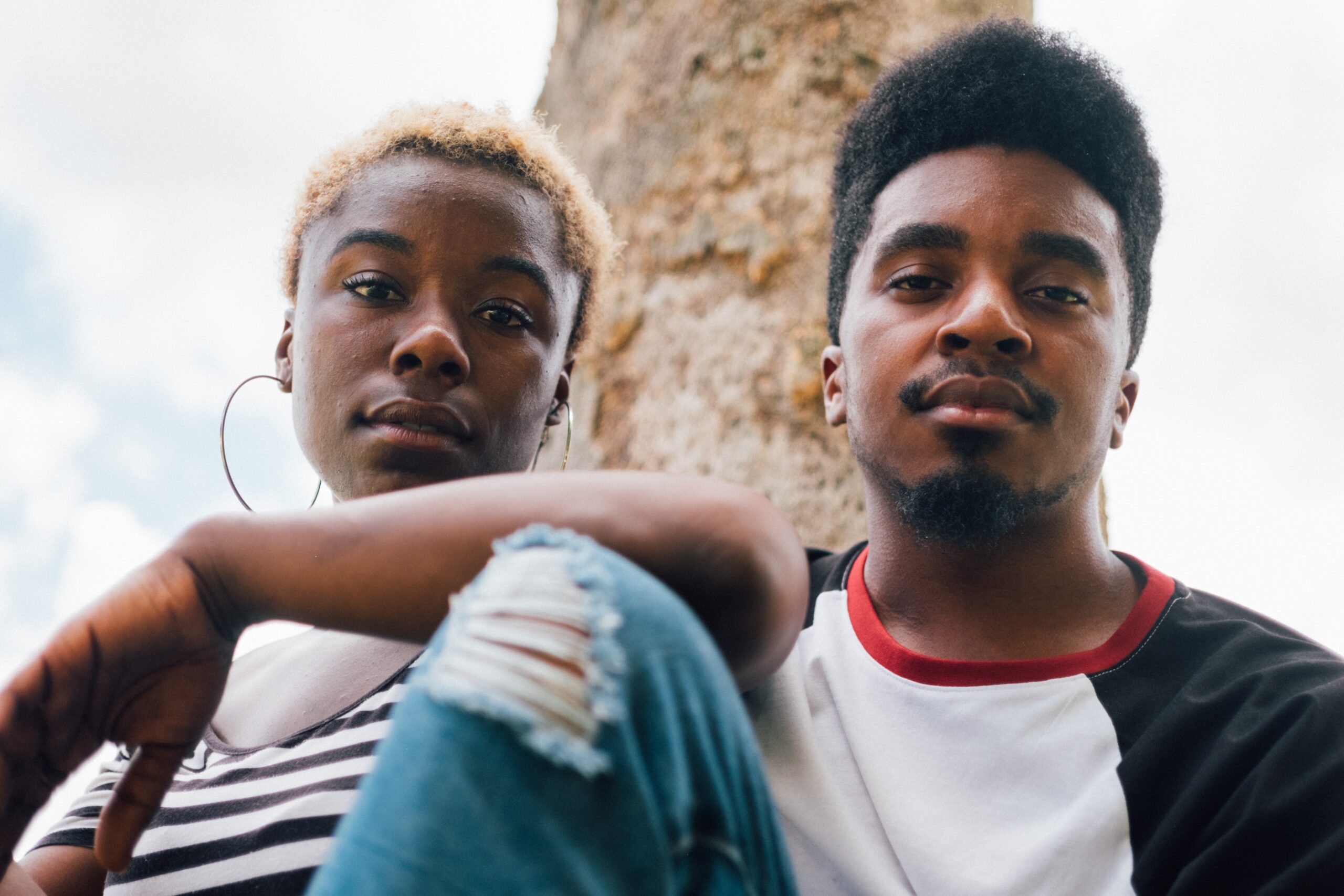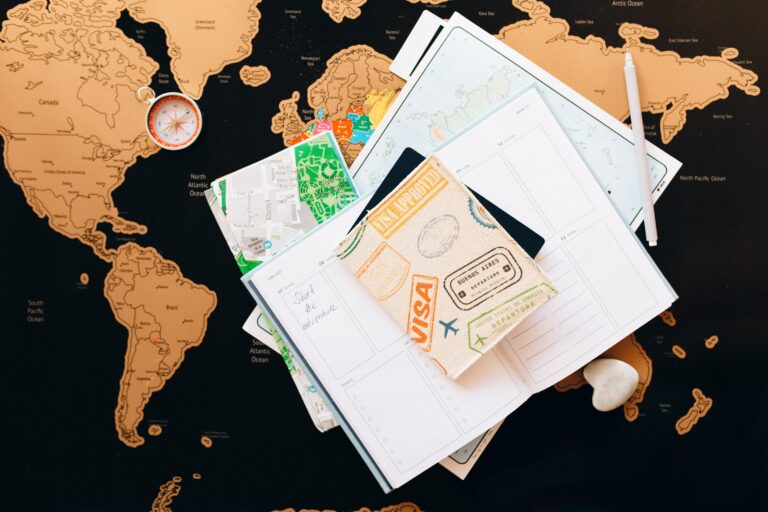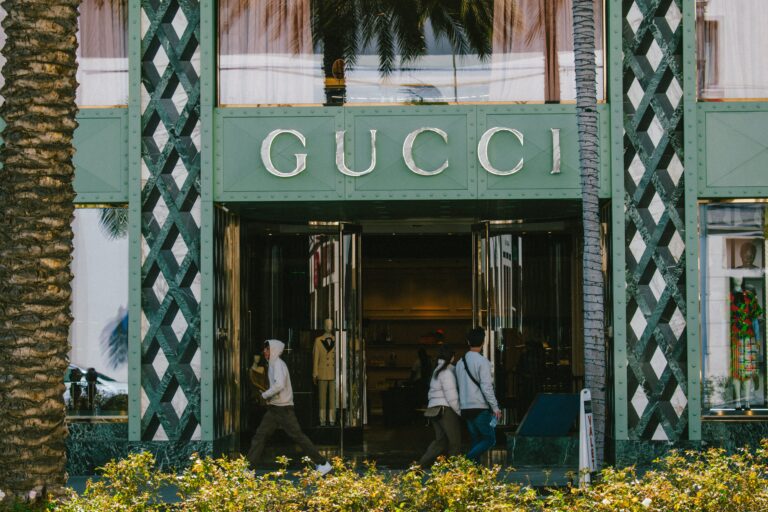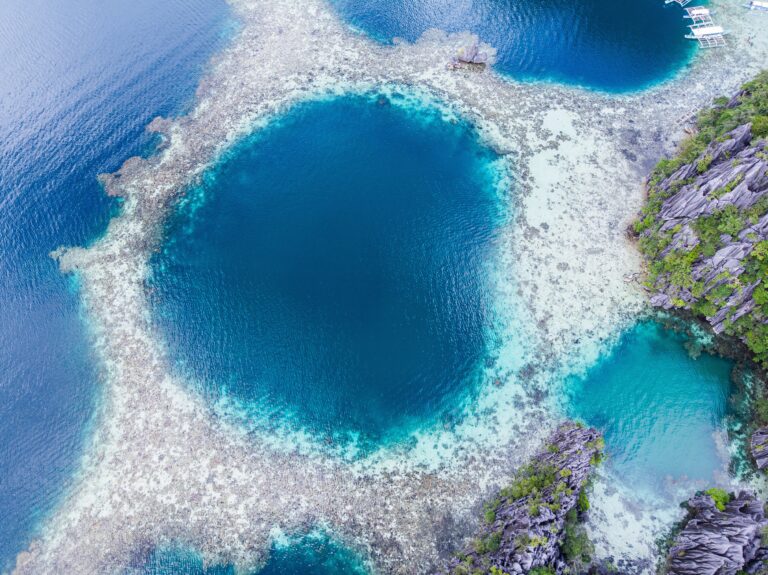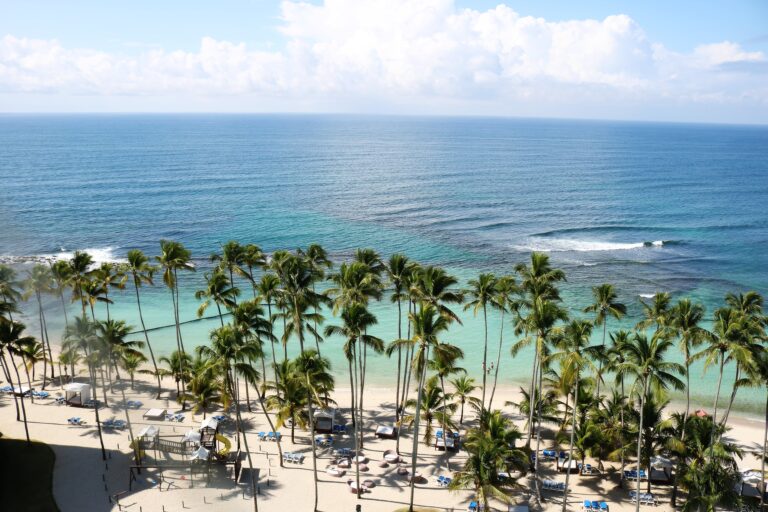The Intriguing Connection Between Jamaica and Ireland
Have you ever wondered why certain places in Jamaica, such as Irish Town, Clonmel, and Dublin Castle, bear names reminiscent of Ireland? The answer lies in the deep-rooted historical ties between the two nations.
Why Do Jamaicans Sound Irish?
The connection between Jamaica and Ireland dates back hundreds of years, stemming from England’s colonization of Jamaica and the subsequent deportation of Irish individuals to the Caribbean. This shared history has left an indelible mark on Jamaica’s culture, language, and even its accent.
Historical Background
England’s takeover of Jamaica from the Spanish marked the beginning of a significant Irish presence in the Caribbean. To populate their new colony, the English deported Irish men, women, and children, many of whom were convicted of minor offenses. Tragically, many Irish deportees perished under the harsh Caribbean sun. However, the legacy of those who survived remains evident in Jamaica’s culture and demographics.
Irish Influence in Jamaica
The intertwining of Irish and Jamaican histories has led to several fascinating facts:
- Fact 1: A staggering 25% of Jamaicans claim Irish ancestry. This makes the Irish the second-largest reported ethnic group in Jamaica, following those of African descent.
- Fact 2: The Jamaican accent shares elements with the Irish accent, a testament to the Irish’s influence on the language and their interactions with African slaves.
- Fact 3: Both nations were once under British rule, with Ireland gaining independence in 1921 and Jamaica in 1962.
- Fact 4: Many places in Jamaica, such as Clonmel and Sligoville, have Irish names, reflecting the Irish settlers’ influence.
- Fact 5: The nutritious Irish Moss drink, popular in Jamaica, traces its origins to Ireland, where seaweed was consumed during the 1850s famine.
- Fact 6: The Maroon Morris dance in Jamaica has roots in England, Scotland, and Ireland.
- Fact 7: Notable Jamaicans with Irish heritage include Bob Marley, Marcus Garvey, and Claude McKay.
Irish Jamaicans: A Closer Look
Irish Jamaicans are individuals in Jamaica with Irish ancestry. The first wave of Irish immigrants arrived in the 17th century, primarily as sailors, merchants, and indentured servants. Many were displaced Gaelic-Irish and Anglo-Irish Catholics. The harsh conditions in the Caribbean claimed many lives, but those who survived left a lasting impact on the island’s culture and demographics.
Frequently Asked Questions
1. Are Jamaicans and Irish related?
Yes, a significant portion of Jamaicans claim Irish ancestry. As much as a quarter of Jamaicans, including notable figures like Bob Marley, Marcus Garvey, and Claude McKay, have Irish roots. The Irish influence is even evident in the Jamaican accent, a result of the Irish living alongside African slaves who had recently arrived in Jamaica.
2. Does Jamaica have Irish roots?
Absolutely. The Irish influence in Jamaica is so profound that about 25% of Jamaican citizens claim Irish ancestry. This makes the Irish the second-largest reported ethnic group in Jamaica, following those of African descent.
3. How did the Irish end up in the Caribbean?
The first European settlers in the Caribbean were Irish indentured servants. They were transported from St Kitt’s in 1632 due to concerns from the English governor, Thomas Warner. He feared that the predominantly Catholic Irish might ally with the French, who were interested in the colony he had received as a royal patent.
4. Why were Irish people in Jamaica?
During the colonization era, many Irish individuals, both Catholic and Protestant, were transported to the Caribbean, either voluntarily or involuntarily. They were sent to work on the emerging sugar and tobacco plantations in regions like Barbados, Jamaica, and other smaller Caribbean islands, including St Kitts, Nevis, Antigua, and Montserrat.
5. Where are Jamaicans originally from?
The original inhabitants of Jamaica were the Taino Indians. They settled in Jamaica around 600 AD and were stone-age people who had migrated from the northern coast of South America.
Conclusion
The Jamaican and Irish connection is a testament to the resilience and adaptability of cultures. Despite the tragic circumstances that brought the Irish to the Caribbean, their influence has enriched Jamaican culture in countless ways. From shared musical influences to linguistic similarities, the bond between these two islands remains strong and undeniable.

